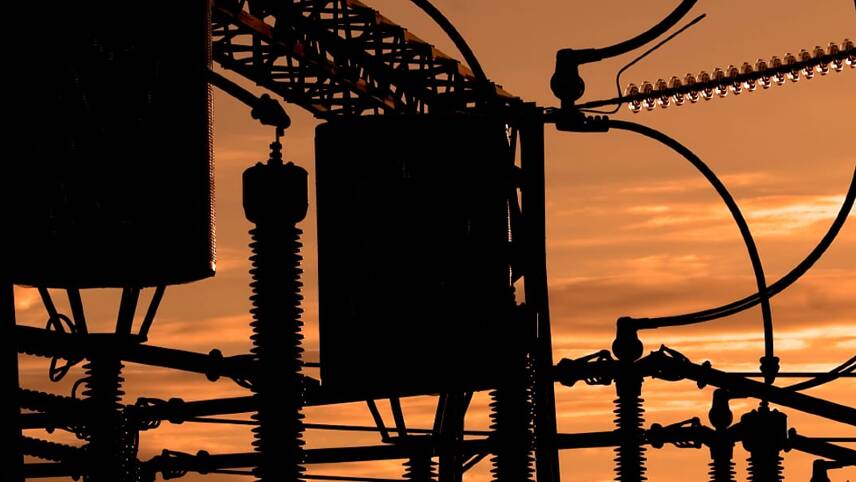This is the Sponsored paywall logged out

The chief executive of Ofgem has insisted that the prices paid during recent acquisitions show Britain’s energy networks remain an attractive proposition for international investors, despite plans to drastically reduce shareholder returns from next year.
Jonathan Brearley was responding to questions on the regulator’s draft determinations for the RIIO2 price controls as part of a virtual event hosted by the All-Party Parliamentary Group for Renewable and Sustainable Energy (PRASEG).
Based on current market conditions, Ofgem expects the allowed return on equity – the baseline profit margin for shareholders – to be set at 3.95 per cent in real terms for the gas transmission and distribution sectors and 3.70 per cent for electricity transmission.
The figures have been calculated using the CPIH inflation index the regulator is adopting for RIIO2. The equivalent range of baseline returns under the current price controls is between 7 and 8 per cent, meaning Ofgem’s draft determinations represent a reduction of nearly half.
When asked whether this might encourage investors to look to other countries or sectors for higher returns as some have claimed, Brearley said the reduced rate partly reflects their expectations that the average company will exceed the baseline based on historical performance as well as the financial value of the stability provided by Ofgem as a truly independent regulator.
“Customers’ and shareholders’ interests are not always aligned when you are trying to set a price for this and what we are trying to do is to see through that to get that balance right,” he explained.
“There’s two ways we go about this. The first is in-depth financial analysis and a lot of technical detail on the financial risks the companies are carrying, and that informs a set of calculations that gets you to a draft range on rates of return.
“But equally we have benchmarked quite closely the history in this sector and we have benchmarked what has changed in the past. And one thing I think Ofgem has is a very strong record in maintaining financial stability.”
“Yes, there’s a lot political debate,” he added, “but when you look at what the outturn is for the companies, there really hasn’t been changes from what has been promised.
“Even when we had in our current regime relatively high rates of return, we did have a conversation with the industry which did give some money back voluntarily but there has been no change from the regulator and I think that it is incredibly valuable.”
Brearley continued: “This is where you have the value of independent regulation… There is obviously going to be a political debate about energy at all times; even going back 10 or 15 years ago there were vociferous debates about energy for different reasons.
“But if we can maintain a stable regime – an independent regulator that is trusted at the heart of that – then that does give investors reassurance.”
Perhaps referring to the recent acquisition of Electricity North West, or before that to the sale of National Grid’s gas distribution business, since renamed Cadent, Brearley said: “What I’m really confident about overall is that this kind of investment – so an investment that is in a stable regime in infrastructure assets – is incredibly valuable.
“And we have seen, just by looking at how much people will pay to buy companies in this sector, that they will generally pay more than what we call the regulatory asset value – so more than the value of the asset – because they value this so highly and expect outperformance.”
Brearley said the UK’s commitment to reaching net zero emissions should give investors growing reassurance over time: “The more confidence that investors get that that change is happening, then the more sense they will get that this investment is indeed needed and is something that is stable.”
But he said consumers must also have the same confidence that their money is actually being used to pay for investments in networks and that decarbonisation is not being used as an excuse to hand unearned profits to shareholders: “I don’t think it’s controversial to say that over the last ten years – on all sides – there are things we have done which have meant that public confidence in the regime itself has certainly been something that’s been discussed in a different way than perhaps it was before.
“Part of getting this regime right – part of driving efficiency, getting the right rate of return – is that people know money really is going to green infrastructure and don’t feel it’s been taken away for other reasons. And that’s really important if we’re going to get this long-term plan in place.”




Please login or Register to leave a comment.